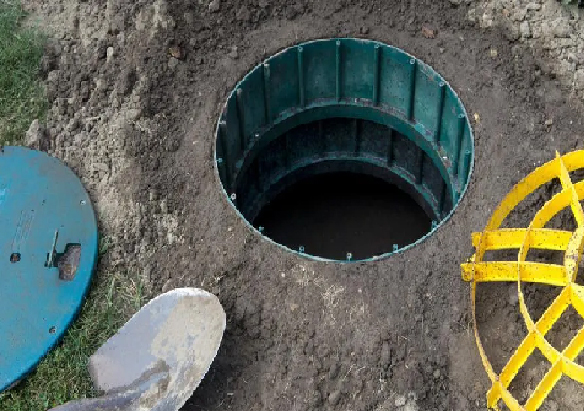


Septic tanks are made of concrete, fiberglass and polyethylene and are buried in the ground. It is designed to collect and purify waste from household sinks, showers, laundry rooms and toilets.
Septic tanks should be located in places where houses and buildings are not connected to the municipal water supply system.
FRP rebar is a popular material for septic tank construction. An important aspect of using fiberglass rebar to build a septic tank is corrosion resistance. Chemicals and contaminants in wastewater can cause corrosion of steel bars, damaging the building. GFRP rebars are not affected by waste and thus extend the life of the building.
FRP rebar is a heavy-duty material that makes it easy to transport during construction. This saves labor and material costs. FRP rebar is a permanent material, which means it does not need to be replaced as frequently as steel rebar.